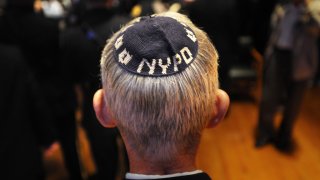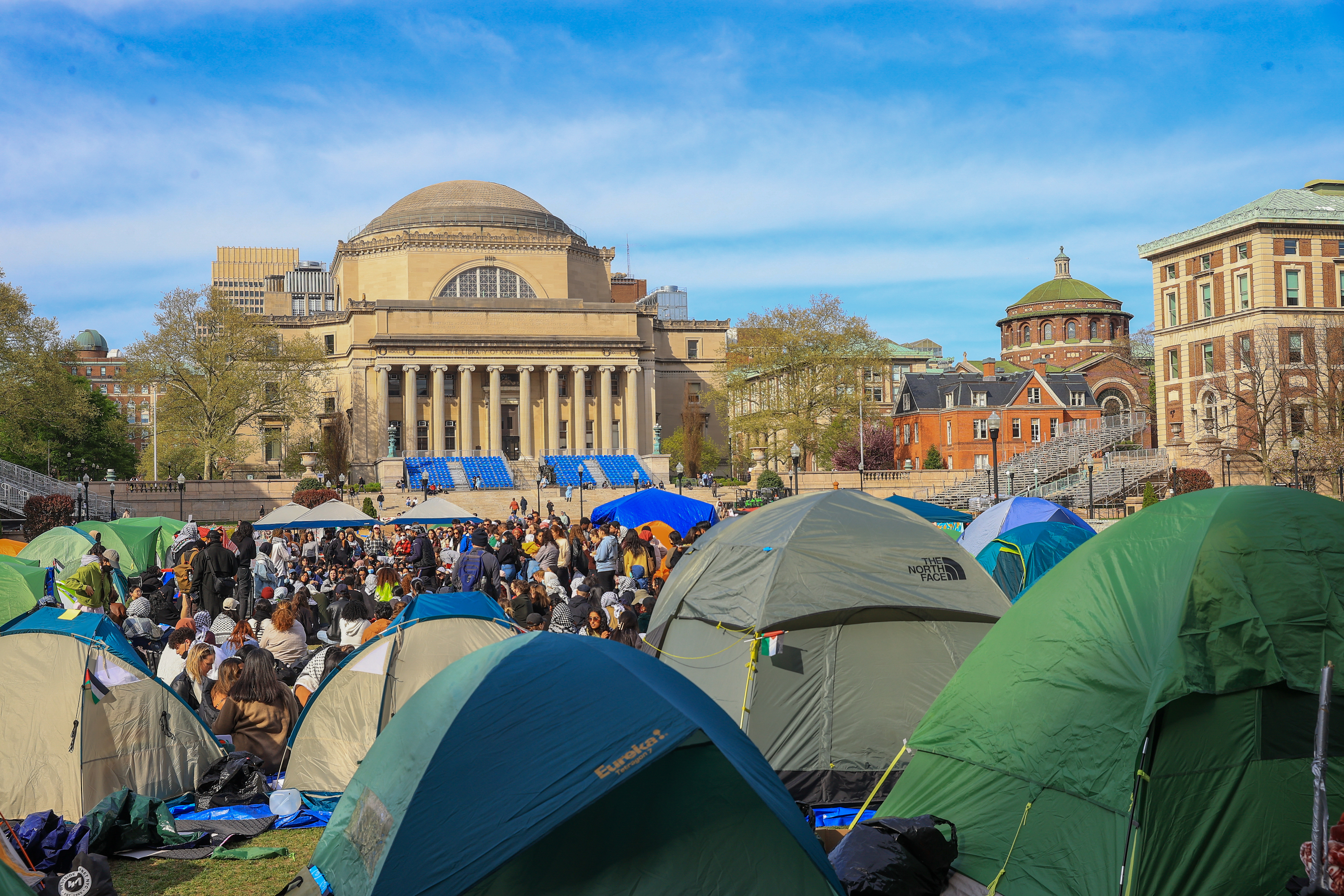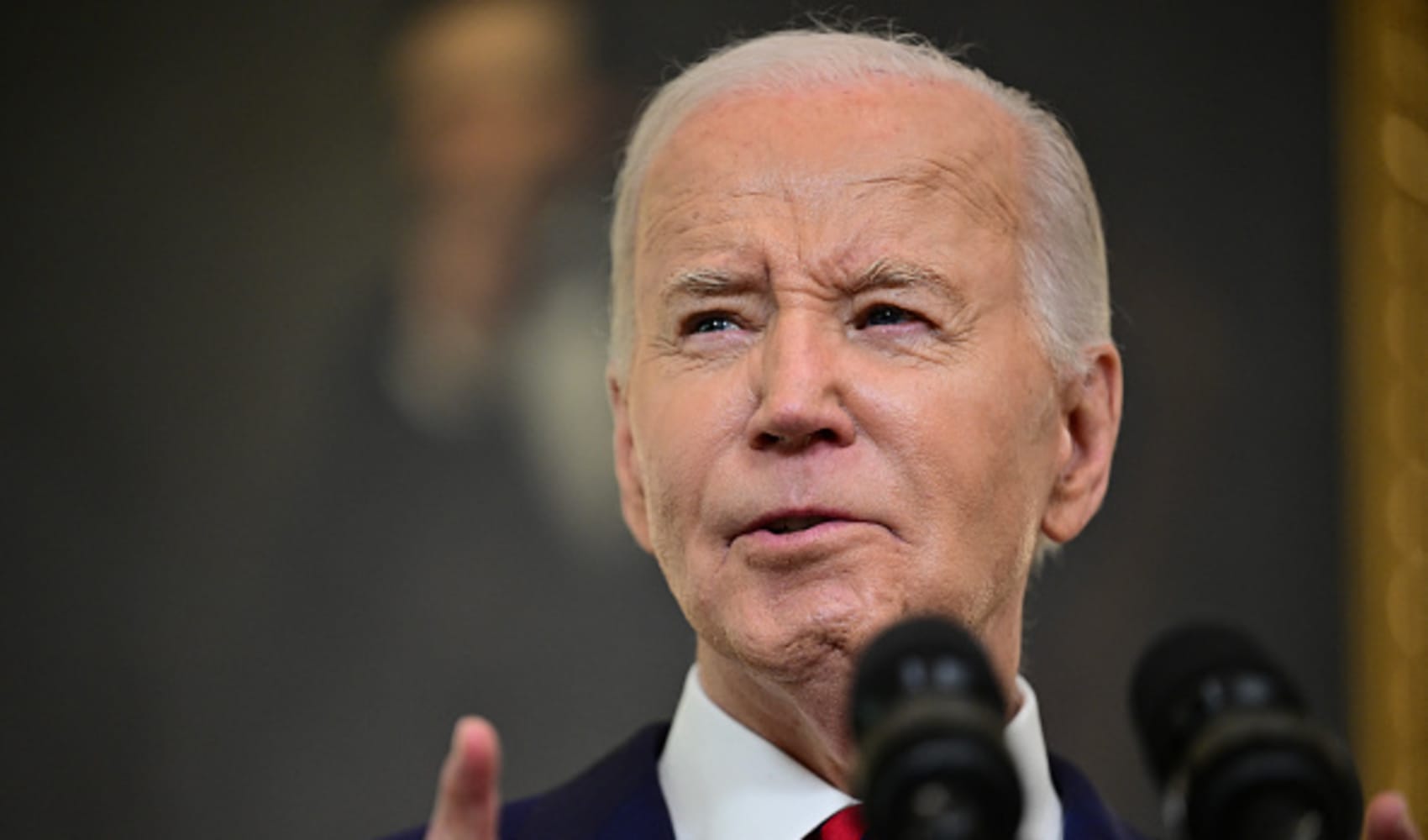
He got the job through his love of handball, he’s served seven mayors and 17 police commissioners and once had a pivotal moment with a pastrami sandwich. Just recently, the three-star chief chaplain of the NYPD Rabbi Alvin Kass celebrated 54 years with the force. But each decade has come with new challenges.
In an interview with David Ushery for NBC 4’s ‘The Debrief’ podcast this week, Kass retold some of his most memorable moments on the force, while revealing he had never seen anything quite like the rash of suicides in the police force in the past months, or the rise in anti-Semitism in New York City.
THE HANDBALL-PLAYER
Rabbi Kass started with the NYPD in 1966. He’d had a stint as an Air Force chaplain and had a congregation in Queens when he got a call from the Executive Vice President of the New York Board of Rabbis. The NYPD chief rabbi had passed on, and they were asking him to come in for an interview. It wasn’t something Kass had ever considered.
“I was quite content with the way my life was going. I indicated to him that I knew nothing about policing, I was very busy, I had never been in a police station in my life, I didn’t even remember playing cops and robbers as a kid.”
Nevertheless he showed up and found 30 or so other rabbis waiting to interview. Not expecting to hear back due to the competition, the rabbi was pleased he’d brought his handball gear for a match with a friend at the Grand Central YMCA. He didn’t want to waste the day.
News
But just a few hours after the interview, he was offered the job. He found out years later in a “New York Times” article that the NYPD Chief of Detectives Al Seedman had liked him because he played handball. “So I got this job, not because I’m so learned, or because I’m so capable or experienced, but because I’m a handball player,” he laughed. “And now I’ve fallen in love with 50,000 of my colleagues at the NYPD.”
SUICIDE AND ANTISEMITISM
Since then he’s ascended to Chief Chaplain at the NYPD, leading 12 chaplains of various faiths -- the majority Roman Catholic -- to reflect the majority faith of the officers. The job entails counseling officers who have been injured, those who have lost their peers on the job, and supporting others in the community to support officers dealing with grief.
“You know we’ve had a lot of suicides lately, and trying to help officers get through difficult moments in their lives has been an important part of what we do.” The rabbi said, in his 54 years on the job, he has never seen anything like the clustering of suicides in the NYPD in the last 12 months. In 2019, ten NYPD officers died by suicide. A comparison of national statistics kept by nonprofit organizations shows that more law enforcement officers died last year by their own hand than in the line of duty.
“There has always been suicides, but nothing like this, and one wonders why. And of course it's only speculation but I suspect the pressures now are greater than ever before,” Kass said. He points to NYC being the virtual capital of the world, taking on the weight of the world in ways.
However Kass said the emphasis on ethics and special education in order to enable officers to meet the contingencies of life has been one of the most extraordinary things he’s seen in his tenure. The push to make the force more diverse has also been a big change.
Kass remembers the Crown Heights race riots of 1991, and said people often ask him how anti-Semitism has changed in his tenure at the NYPD. “The fact that Crown Heights was a time of great intergroup tension and the fact that there’s been a recent outbreak of anti-Semitism shows there is no final solution to the difficulties of living in a diverse community, but the big difference is the department is certainly so anxious to resolve all of the problems that are going on.”
The rabbi said he has never seen anti-Semitism rear its head quite the way it has recently, an issue he partly puts down to social media and antagonism due to tough economic times. “I was deeply moved by a recent demonstration in this city where there were people of every race, religion, color and creed who turned out to indicate that anti-Semitism was something they were going to fight with all of their energy and strength and ability.”
THE PASTRAMI SANDWICH
As well as tackling the big issues, the rabbi has also been called up to help out in day-to-day cop work -- where once his negotiating with a pastrami sandwich de-escalated a hostage situation.
The rabbi recalled getting a call one day from the NYPD hostage unit to a Midtown office building where a Jewish man was holding a woman captive. “I spoke to him the whole night and I was an utter failure, I was unable to convince him to do anything, but by morning he was hungry." Rabbi Kass asked a nearby officer to get some food, and he returned with two “giant” sandwiches from the famous Carnegie Deli. The man agreed to trade a sandwich for his gun.
“The fellow gave up his gun, but as soon as he gave up his gun and we were ready to seize him, he says he has another gun,” Rabbi Kass said. “If you’ve ever been to the Carnegie Deli, you know the size of the sandwiches, they’re unbelievably huge. This man downed this huge pastrami sandwich, but he was still hungry.”
Seeing an opportunity, the rabbi offered him his own sandwich (which he could not eat anyway because it was not kosher). “So he gave up the second gun, we gave him the sandwich, he was seized and that was the end of the hostage incident.”
This year, the rabbi will be serving a new police commissioner yet again, with Dermot Shea replacing James O’Neill late last year, with some speculating that it will be a tough year for the new leader of the department. Shea, who succeeded James O'Neill, will have to contend with looming bail and other criminal justice reforms, pressure to reduce arrests and incarcerations ahead of the planned 2026 closure of the city's notorious Rikers Island jail complex, and dissent among the department's 36,000 officers.
Despite the challenges ahead, the rabbi said he has no plans to retire. “I get tremendous satisfaction from helping people through the tough moments of life, and that’s really what this is all about."



